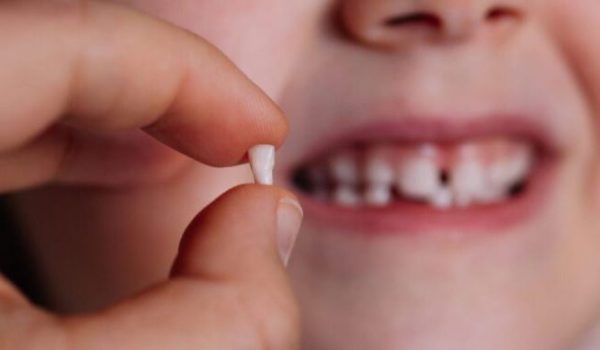Lifestyle
The very valid reason for keeping your baby’s lost tooth

Unlike most firsts, your child losing her first tooth is a bag of mixed emotions.
We all have stories to share about our babies losing their first tooth – it can be a little frightening as well as painful.
How do you discard them?
Most people wrap it up in cotton and bury it in the garden. But what if we tell you that you should not discard your baby’s tooth. Well, there is a science backed reason for that…
What science says….
One of the most important reasons to keep your baby’s tooth is for your little one’s health. Scientists share that your child’s tooth can be used to extract dental stem cells, which can even help save them from a life threatening medical condition.
When body heals itself…..
Our body is built of cells. There are three types of body cells and they all have unique functions. Stem cells are the young ones that have the capacity to grow into other types of cells. These stem cells can be extracted from teeth or any part of the bone, provided it is preserved in the proper manner; which can later be used to produce stem cells, which can replace damaged cells.
It can help you fight cancer
As you read this, researchers are working on exploring the full benefits of stem cells. They have established that stem cells can even help you fight cancer.
Preserving them correctly is expensive
If you have been to a maternity ward, chances are high that some representative from a stem cell therapy firm walked up to you explaining its many benefits – the process of extracting stem cells from the embryo. In fact, hundreds of parents are actually investing a lot of money in the procedure to extract and preserve these stem cells that can help in saving their children from potentially dangerous diseases.
Latest study….
According to some recent reports, some scientists have said that adult stem cells may have lot more potential of therapy than stem cells extracted from babies. Once fully established, this finding may change the dynamics of this industry.
The technique is evolving
Stem cell therapy may not be fully evolved today, with researchers still finding solutions for certain health issues but if they don’t have a solution today, does not mean they will not have it tomorrow.
What have you decided?
Since the cost is high, it’s up to you to decide if you really want to do it…






